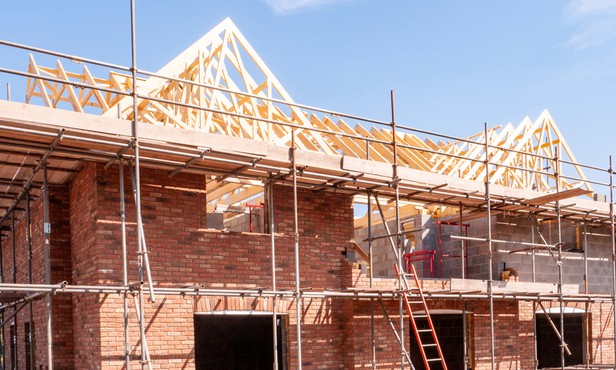This aims to deliver new homes and revitalise town centres across England, as commercial and retail properties can be quickly repurposed.

The government has introduced new laws removing the requirement for planning permission when demolishing and rebuilding unused buildings as homes.
Coming into effect in September, this aims to deliver new homes and revitalise town centres across England, as commercial and retail properties can be quickly repurposed.
Homeowners will also be able to add up to two additional storeys to their homes through a fast track approval process, with a requirement to carefully consider the impact on neighbours and the appearance of the extension.
This is part of government plans to reform England’s planning system to deliver more high-quality homes.
Developers will still need to adhere to building regulations.
Pubs, libraries, village shops and other buildings essential to communities will not be covered by these flexibilities.
Councils will need to take the temporary impact of coronavirus into account when considering permission for change of use, redevelopment or demolition of these buildings, and this will not change due to the new laws introduced today.
Housing Secretary Rt Hon Robert Jenrick MP, said: "We are reforming the planning system and cutting out unnecessary bureaucracy to give small business owners the freedom they need to adapt and evolve, and to renew our town centres with new enterprises and more housing.
"These changes will help transform boarded up, unused buildings safely into high quality homes at the heart of their communities.
"It will mean that families can add up to two storeys to their home, providing much needed additional space for children or elderly relatives as their household grows."
Mark Challis, planning and environment partner for BDB Pitmans, said: “Although relaxing planning controls will strike a positive note with many, particularly in view of the economic and social effects of COVID-19, there is a price to be paid in the quality of development that can come forward with limited scrutiny by planning authorities.
"Moreover, planning is a public process and this proposed expansion of permitted development rights will leave some people affected by development feeling frustrated that they have not had a proper chance to have their say about it.”



